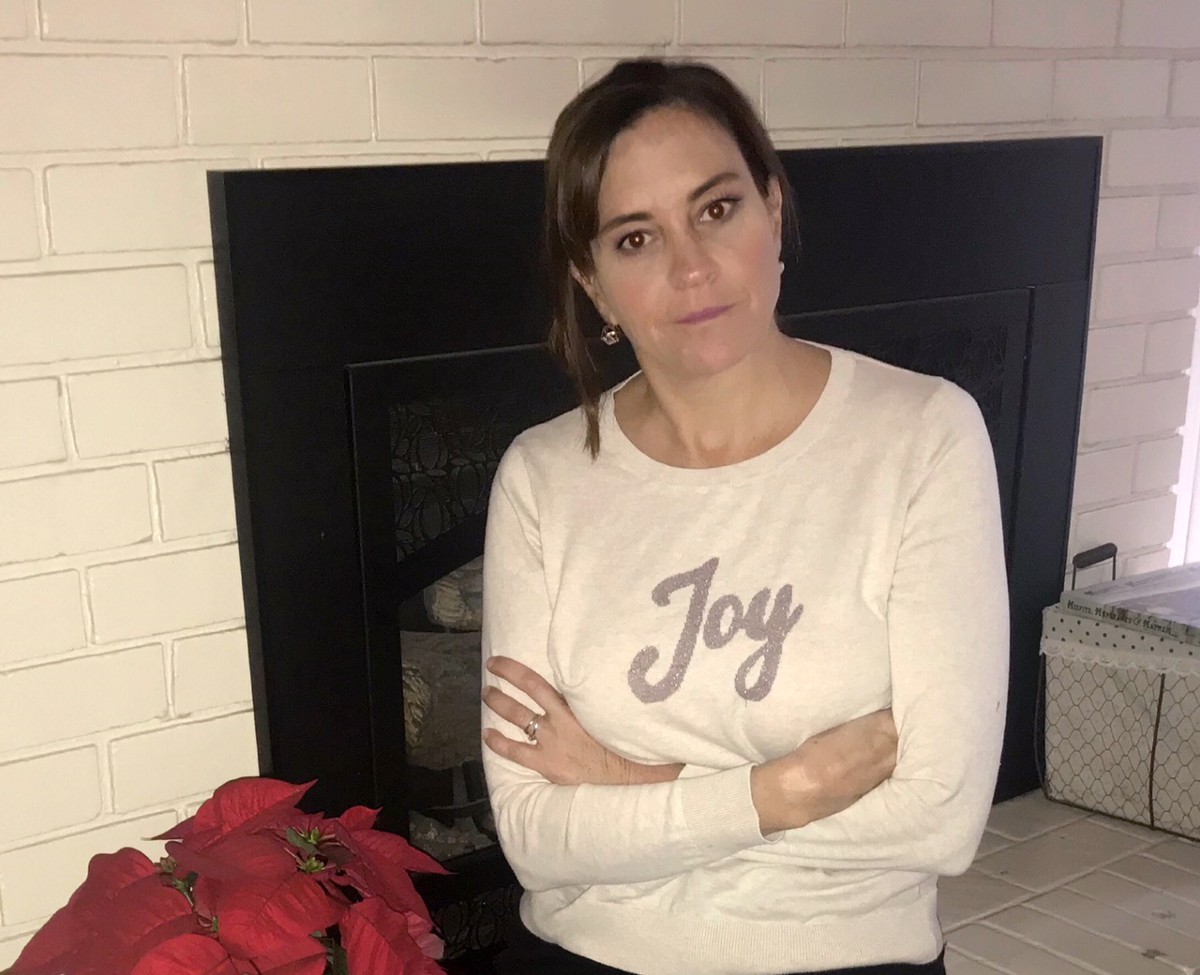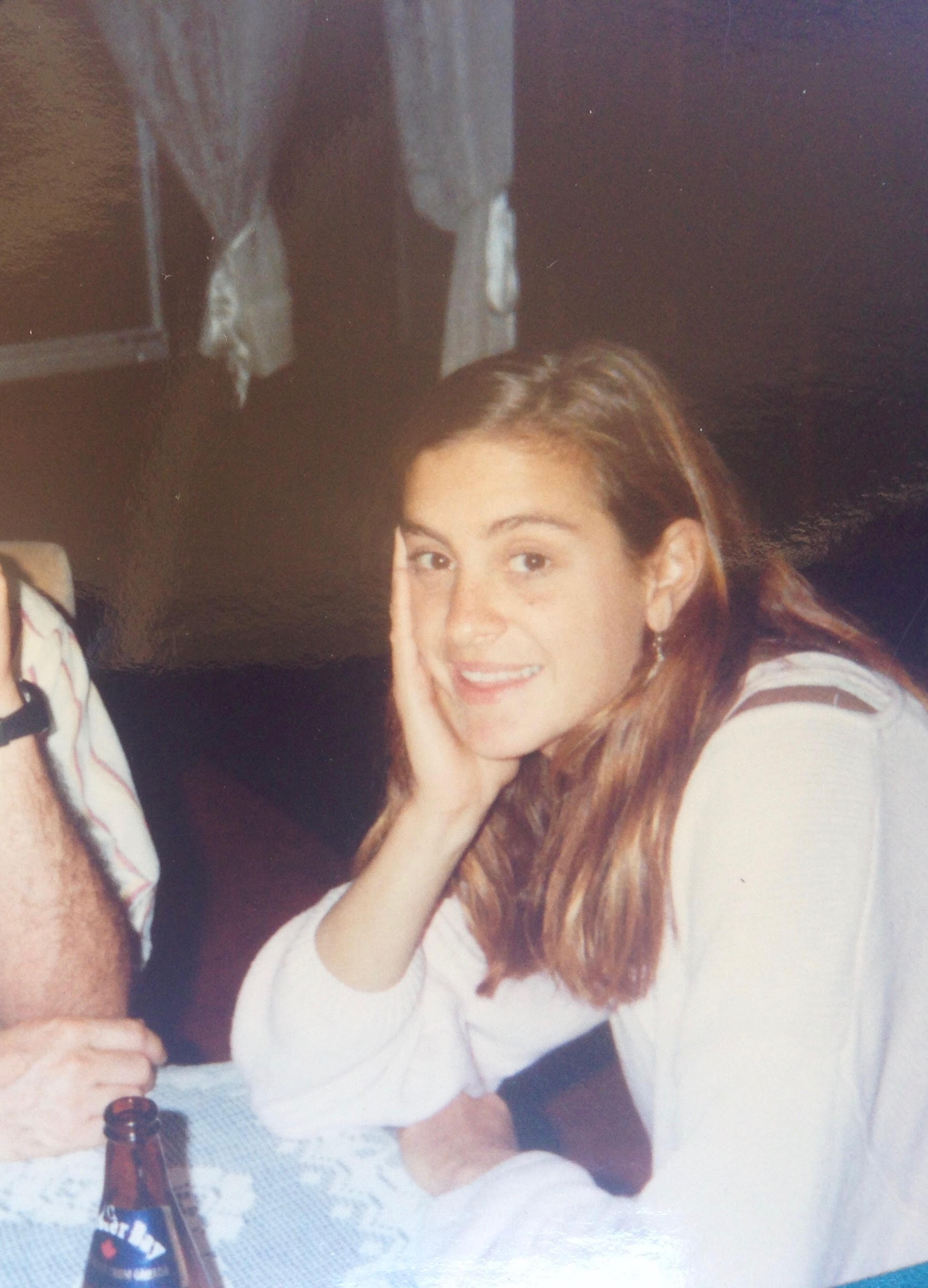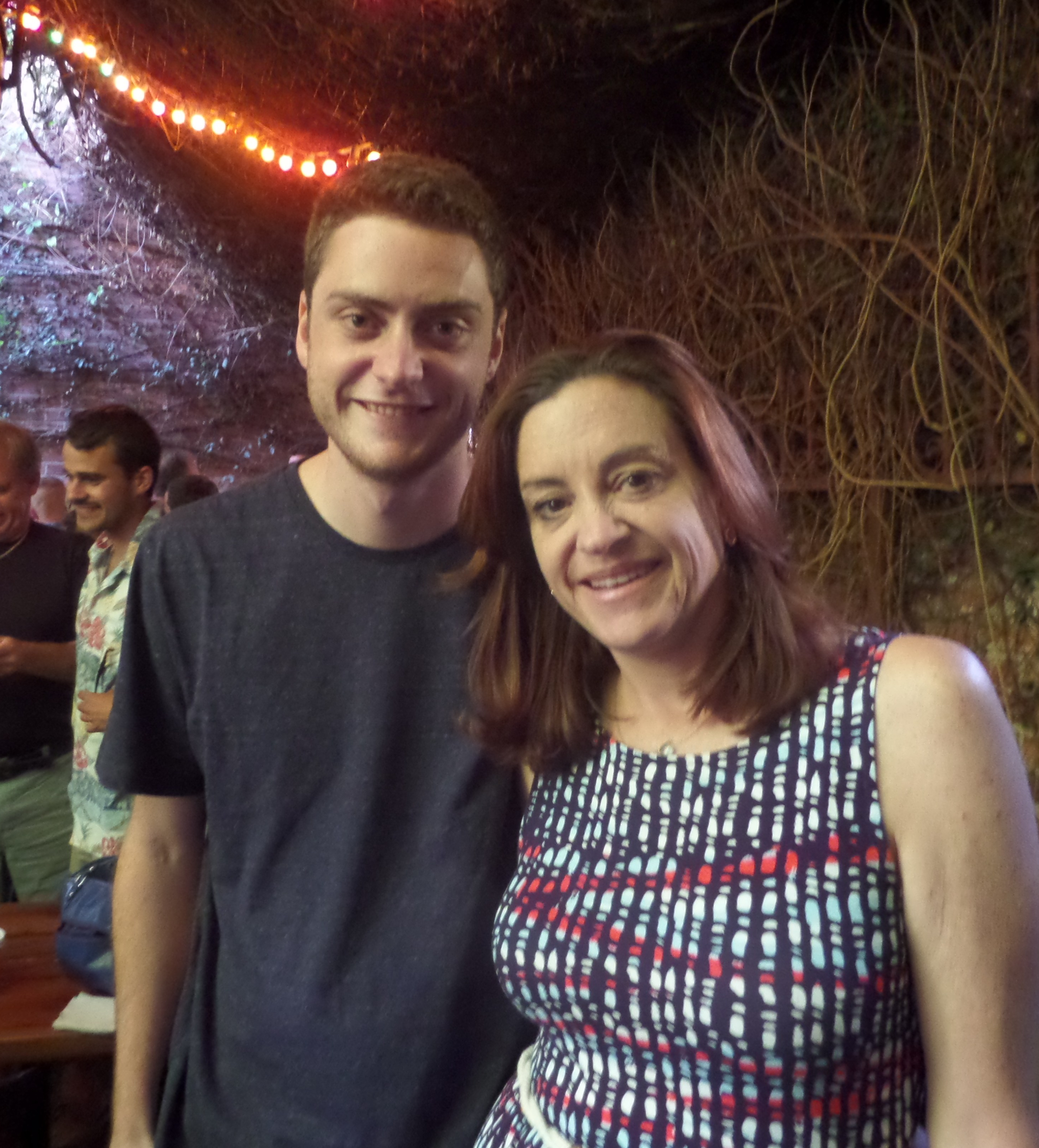I was thrilled to offer a guest post on this really beautiful blog today, about combating the stigma of mental illness through fiction writing.
My guest today, Joanell Serra, explores the idea of reducing the stigma of mental illness by openly describing the mental illnesses fictional characters experience. That is to say, being open and communicative about mental illness in fiction and/or real life helps reduce stigma and paves the way to recovery rather than hiding some pretty grotesque characters in corners as was done to Miss Havisham, in Charles Dickens Great Expectations.
With that in mind it is easy to understand that the characters in her debut novel, The Vines We Planted, are deeply portrayed and very well written so that they can work through the many emotional and challenging issues they encounter in her book.
Please help me welcome Joanell Serra during her WOW! Women on Writing book tour.

Can we reduce the stigma surrounding mental illness through fiction?
by Joanell Serra
When we think of characters with mental illness in fiction, there are many extreme examples to choose from: Billy Pilgrim from Vonnegut’s Slaughterhouse Five, Sethe from Tony Morrison’s Beloved,Mr. Rochester’s wife in Jane Eyre. But few of these characters are contemporary people who the average reader might imagine dinner with. They are in and out of delusions, locked away, and portrayed as very dangerous to others.
What if the characters we identify with, the ones we fall in love with and even idolize, displayed their experiences with mental illness?
What if Hermione used her magic wand to help her anxiety disorder? If Katniss Everdeen’s mother had access to a good grief counselor? If Jack Reacher sought help for his anger issues?
As a therapist, I know there is no “magic bullet” for mental illness. A person can heal through psycho-analysis, Cognitive Behavioral counseling, medication, meditation, exercise, diet, and even yoga. Each of us, whether we face a serious depressive episode, bipolar disorder or even schizophrenia, have options. My hope is that by including a character in my novel with a serious depression, I offer both a character my readers can connect with, and a chance to experience her gradual recovery. Depression is treatable. But in order to get treatment, a person needs to reach out. My character waits too long to let anyone know how she is suffering, and there are consequences of this.
So why don’t people who are suffering with a mental illness reach out?
Easy answer – the stigma.
Think of the anonymous line we have that you can call if you’re depressed. They’re great because they save lived, but no-one needs to talk to a stranger anonymously for a toothache.
Patients with diabetes are not afraid to mention it at work.
Families don’t scramble to hide it if a grandparent has a heart attack.
We treat mental illness like it is a moral failing, not an illness, and so of course patients are slow to ask for help.
Memoirs and personal narratives about mental illness will help educate many, but fiction is another avenue. We learn lessons in fiction without realizing it, because we are so caught up in the lives of the characters, in the story.
I didn’t set out to write about a depressed woman as one of my five main characters, but when the story led me that way, I didn’t shy away from it either. Elena is not real, nor is her psychiatrist or her “plan” for recovery. But depression is real, and so is recovery. The tools Elena uses in the book really work in life, for many people. If even one reader is more open to a loved one, friend, or co-worker with mental illness because of reading The Vines We Planted, then I feel rewarded. I believe the answer is yes, we can reduce the stigma of mental illness through fiction.
When we take away the stigma, there is willingness to seek treatment. While treatment is not a guarantee, it often works, and offers hope. Hope cannot live in the darkness of fear, ignorance and judgement, but it flourishes in the light of acceptance.
About the The Vines We Planted:
In the heart of the California wine country, secrets seem to grow on the vines that Uriel Macon’s family have tended for generations.
Uriel, the winery’s young widower, steers clear of complicated relationships. He prefers the lonely comfort of his vineyard and his horses, until he is reminded of his love affair with Amanda Scanlon; a relationship that ended when she abruptly left the country years ago under a cloud of mystery.
When Amanda returns to Sonoma because of a family crisis, she tries to mend the broken relationships she left behind. In addition, she seeks the truth about her parents’ complicated history and her own parentage.
But Amanda’s unveiling of the past has devastating consequences. In the midst of California’s beautiful Sonoma Valley, the Scanlon family struggles to overcome harsh realities with dignity and grace.
Both Amanda and Uriel stretch to take care of their families, which are facing immigration issues, marital crises, and loss. While navigating these challenges, the couple must decide if they trust themselves to love again, or to finally let each other go.
A Sonoma local, author Joanell Serra’s debut novel is captivating, poignant, and uplifting, demonstrating how seeds planted long ago continue to grow. Sometimes into a strangling weed, sometimes offering a bountiful harvest.
Paperback: 285
Publisher: WiDo Publishing
Language: English
ISBN-10: 1947966022
ISBN-13: 978-1947966024
Amazon Link
WiDo Link
An excellent review:
” …the story of a family facing struggles…delicately and expertly woven together in a saga set in California around Uriel’s family vineyards, where each relationship appears to have a bearing on others… the plot is credible and surprising at the same time, and yet it all blends together well and combines to make an exciting and believable novel. The characters are so good that they could easily continue in a sequel. ” –Jane Finch for Readers’ Favorite
 About the author:
About the author:
Joanell Serra, MFT, lives with her growing children, husband, and dogs in the lovely Sonoma Valley. After years of publishing short stories, essays, and plays, The Vines We Planted is her debut novel. She can be found polishing her second novel at a coffee shop, sipping a perfect Cabernet in a Sonoma winery or at her website.















 t Thursday, I spent the day at Mt. Zion/UCSF Hospital, for a myriad of appointments (all fine. Diagnosis= aging.) I’m a well experienced medical appointment attendee: my mother had a chronic illness from the time I was born until she passed when I was thirty, and my daughter also manages (with grace) a difficult chronic illness. In between the years I cared for one or the other, I chose to work for UCSF for five years, so as I wander the hallways, I am strangely at home.
t Thursday, I spent the day at Mt. Zion/UCSF Hospital, for a myriad of appointments (all fine. Diagnosis= aging.) I’m a well experienced medical appointment attendee: my mother had a chronic illness from the time I was born until she passed when I was thirty, and my daughter also manages (with grace) a difficult chronic illness. In between the years I cared for one or the other, I chose to work for UCSF for five years, so as I wander the hallways, I am strangely at home.






 In the airport, waiting for another delayed flight, and Jerry Garcia is singing in my earbuds. When you’re waiting for a miracle. I find myself reflecting on the things we wait for, and the roads we take.
In the airport, waiting for another delayed flight, and Jerry Garcia is singing in my earbuds. When you’re waiting for a miracle. I find myself reflecting on the things we wait for, and the roads we take.


